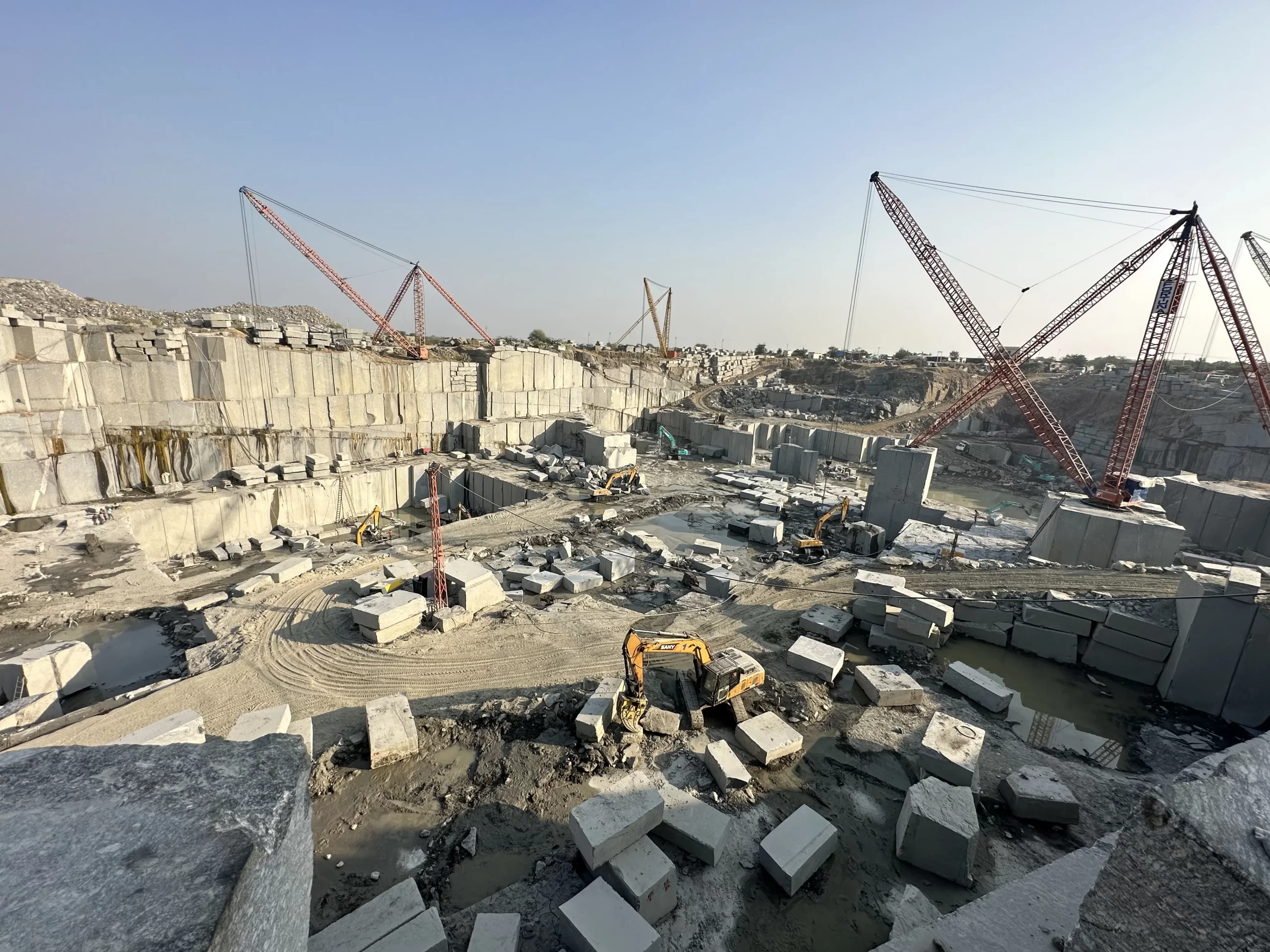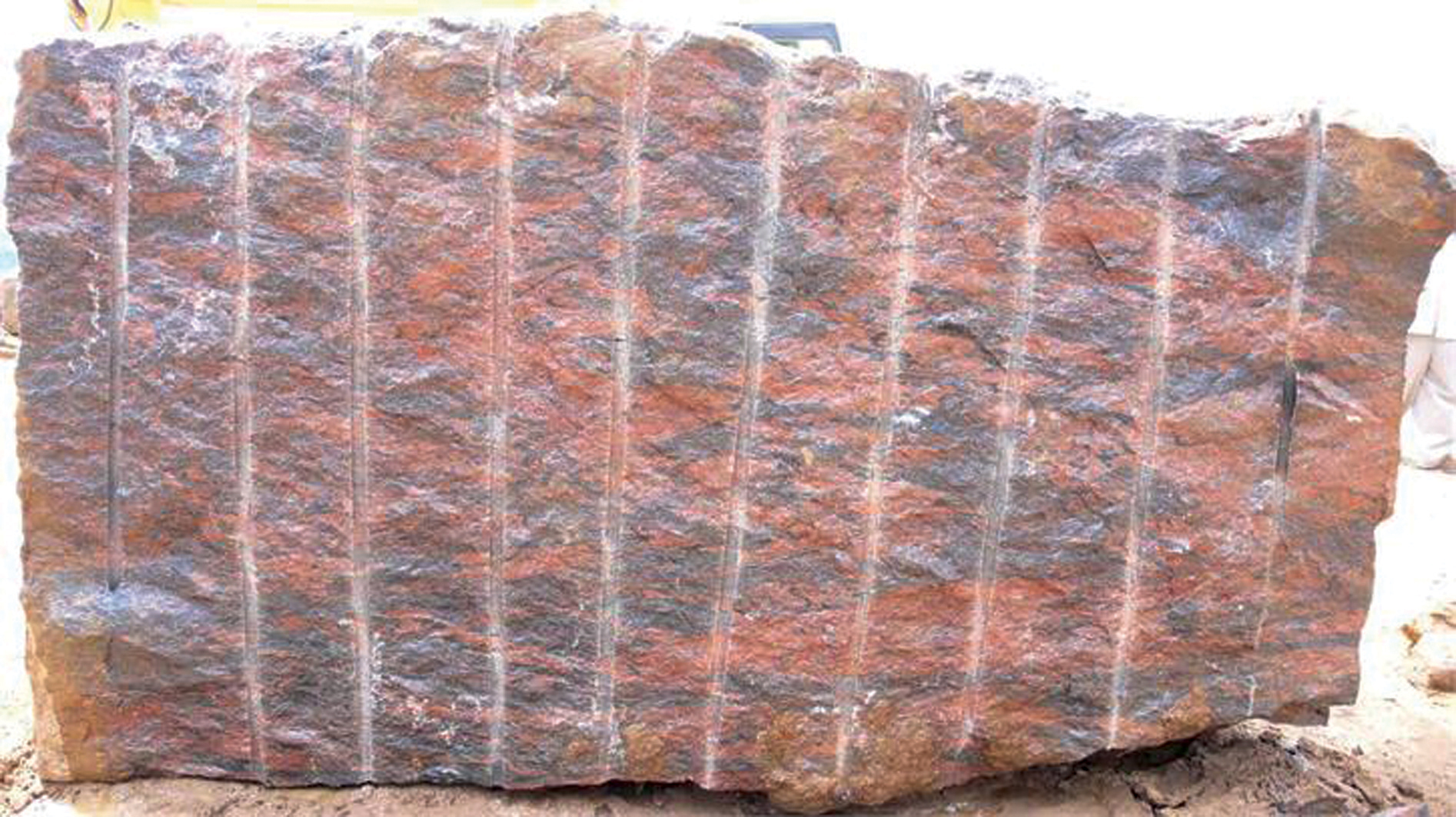Discovering the Rich Background and Sustainable Practices of Granite Quarrying
As we stand on the precipice of uncovering the elaborate tapestry of granite quarrying, a trip with time reveals not simply the physical act of extracting stone however additionally the cultural and historic importance woven into the extremely fabric of this technique. From the old origins that laid the foundation for contemporary quarrying methods to the lasting methods that are forming the future of this industry, each sculpt mark on granite surface areas informs a story waiting to be discovered (granite quarries in south africa). The tradition of granite quarrying extends far past plain removal; it is a testament to human resourcefulness, resilience, and the long-lasting attraction of this marvelous rock
Old Beginnings of Granite Quarrying
Going back to ancient worlds, the practice of quarrying granite has been an integral part of human background and building innovation. The earliest proof of granite quarrying days back to old Egypt, where massive pyramids and intricate sculptures were crafted from this sturdy stone. The Egyptians used primitive tools to extract granite blocks from quarries, showcasing the relevance of this product in their huge constructions.
Moving forward in history, the Greeks also made significant payments to the quarrying of granite. The Greeks utilized granite in different architectural wonders, such as temples and statues, showing their ability in shaping and carving this hardy stone. The Romans further fine-tuned the techniques of quarrying granite, using sophisticated devices like blades and hammers to remove and form granite for their iconic structures.
Through the centuries, the practice of quarrying granite has actually developed, with modern-day innovations enhancing effectiveness while maintaining the timeless allure of this all-natural rock - granite quarries in south africa. From old human beings to modern building contractors, the heritage of granite quarrying proceeds to shape our globe
Evolution of Quarrying Techniques
The advancement of quarrying techniques has actually been noted by a constant development towards greater effectiveness and precision in drawing out granite. Early quarrying techniques included hand-operated labor with fundamental devices such as chisels, hammers, and wedges to draw out granite blocks from the earth.
In more recent times, the development of equipment revolutionized the quarrying industry, enabling quicker removal rates and increased efficiency. Technologies such as diamond wire saws, high-pressure water jets, and pneumatic drills have actually ended up being basic in modern quarries, permitting accurate cutting and minimized waste. Advancements in computer-controlled equipment and 3D modeling have actually optimized quarrying operations, leading to minimal environmental effect and boosted sustainability methods. As the need for granite continues to rise, the development of quarrying methods remains essential to conference industry requires effectively and sustainably.
Social Relevance of Granite
Granite holds a profound cultural significance across numerous civilizations due to its long-lasting existence in architectural work of arts and respected monoliths. The social importance of granite expands beyond its physical features; it symbolizes resilience, security, and eternity, making it an icon of withstanding legacies and traditions.

Sustainable Practices in Quarrying
In the middle of the abundant history of granite quarrying and its social importance lies a growing focus on sustainable methods within the market. As environmental awareness and worries concerning resource deficiency have actually increased internationally, the quarrying field has progressively accepted sustainable techniques to decrease its influence on the environment and bordering areas.

Moreover, recovery and rehabilitation of quarry websites post-extraction are essential browse around this web-site to sustainable methods. By bring back quarried areas to a natural or advantageous state, such as creating wild animals environments or leisure spaces, quarriers can offset the environmental footprint of their operations and contribute positively to the regional community.
Legacy of Granite Quarrying
With a historical background soaked in craftsmanship and industrial progress, what withstanding effect has granite quarrying left on his response the landscape of contemporary culture? The tradition of granite quarrying transcends mere removal methods; it has formed building wonders, city landscapes, and cultural heritage worldwide. The sturdy nature of granite has made it a favored choice for monoliths, structures, and framework, standing as a testimony to the skill and virtuosity of quarry employees throughout generations.
In addition, the financial impact of granite quarrying can not be ignored. The sector continues to give job opportunity and drive local economic climates in regions where granite extraction prevails. It has actually likewise spurred technological innovations in quarrying techniques and equipment, resulting in extra reliable and sustainable practices.
In regards to sustainability, the legacy of granite quarrying consists of initiatives to alleviate ecological impacts with improvement projects and liable resource administration. By balancing economic interests with environmental stewardship, the market strives to make certain that future generations can remain to gain from this long-lasting natural deposit.
Verdict

Comments on “Checking Out Granite Quarries in South Africa: A Comprehensive Overview”